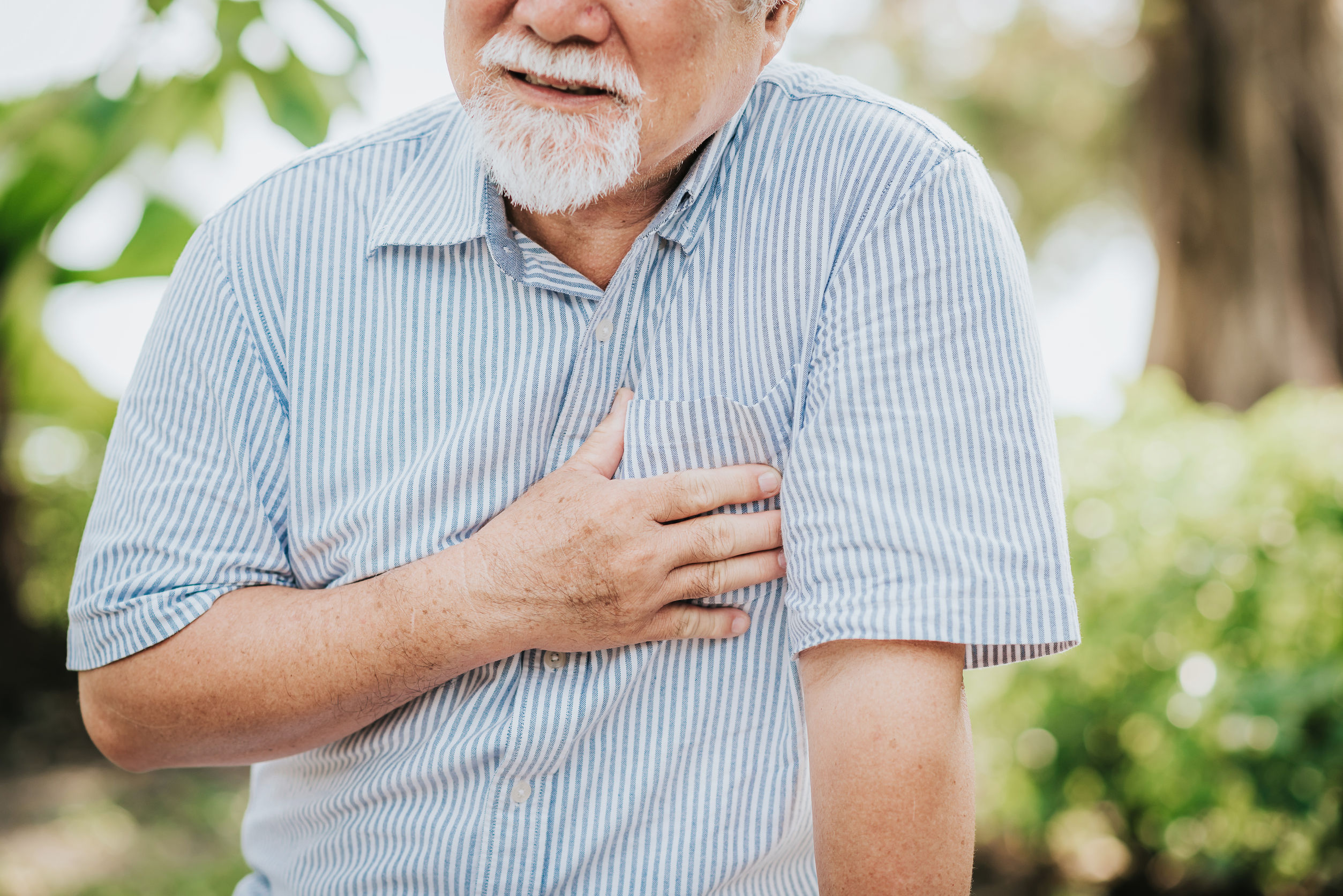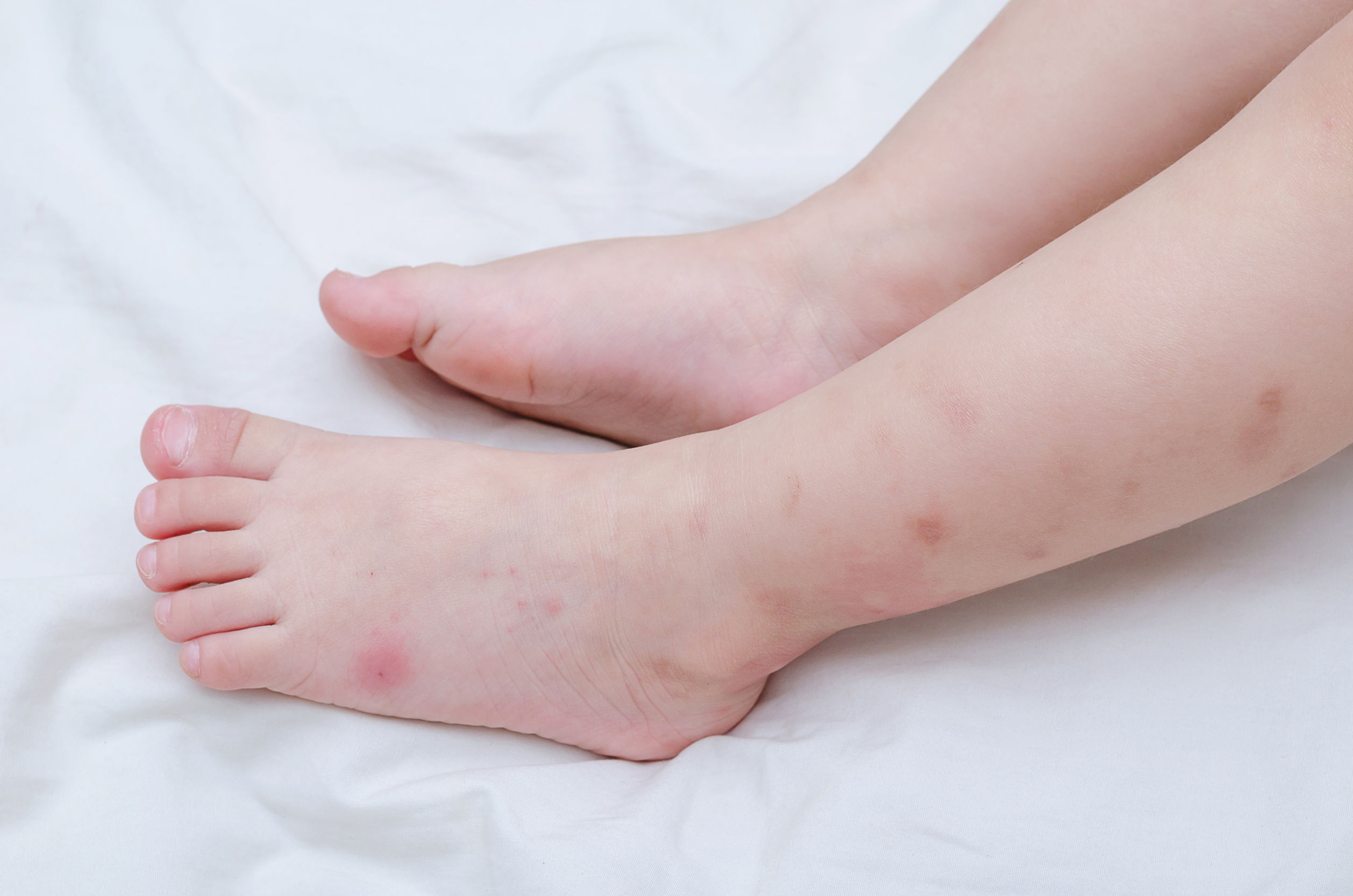Southeast Asia is a tropical region. And as such, you may think the most common, serious diseases people are afflicted with here all relate to the climate. The tropics are, of course, home to some very unique diseases that are not found in much of the western world. With that said, are they the most common?
To find out, we interviewed author and medical expert Dr. Lalande; and what we discovered was surprising. While we assumed diseases unique to Southeast Asia would be the most common reason for critical medical treatment, the reality is far different. The majority of deadly diseases here are similar to that of Europe, North America and Oceania. Below are the top 3 critical illnesses in Southeast Asia.

#1 - Stroke
Most commonly affecting males and females over the age of 60, strokes are the most common deadly illness in Southeast Asia. A stroke typically occurs when an artery clots in the body, or bursts in the brain. This can result in temporary or permanent paralysis, memory loss, numbness in the body or even death.
While generally older individuals are more at risk for stroke, younger people can also be afflicted with an acute stroke. This typically happens to younger people between the ages of 35 - 45 and is related to a ruptured aneurism, which occurs when a portion of an artery wall weakens, balloons out, and then bursts.
Risks for stroke include high blood pressure, high cholesterol, your age, and smoking. To prevent a stroke, it’s recommended to eat a diet rich in fruits and vegetables, exercise weekly, and maintain a healthy weight. If you do drink alcohol, we recommend doing so in moderation.

#2 - Cancer
While cancer is becoming increasingly common in younger individuals, the disease has typically affected individuals who are 60 years or older. Types of cancer include bladder, skin, lung, prostate, and breast cancer among others. As for the cause, cancer occurs because of gene mutations to the body’s DNA, which cause cells to divide uncontrollably. Metastatic cancer occurs when these cells spread throughout the body and destroy healthy tissue.
Your age, lifestyle choices, exposure to chemicals and family history all affect your chances of developing cancer. To reduce your risk, it’s recommended to exercise regularly, avoid smoking, protect your skin from the sun, eat less processed meats, and consume a mostly plant-based diet.

#3 - Cardiovascular disease
The number one cause of death globally, cardiovascular disease ranks as the third most deadly disease in Southeast Asia. Also commonly referred to as heart disease, cardiovascular disease is a group of diseases that affect the blood vessels and heart, which include heart attack, heart failure, aneurysms, cardiac arrest and stroke. While cardiovascular disease can affect people of all ages, it is most common in men over 45 years of age and women over 55.
Risk factors of heart disease include obesity, lack of exercise, smoking, family history and a diet high in sugars, fat and salt. A few ways to prevent this serious illness include regular exercise and a diet rich in fruits, grains, vegetables, fish and nuts.

How common are mosquito borne illnesses?
When many people think of Southeast Asia, mosquito borne illnesses are likely one of the first types of diseases that spring to mind. While they are certainly a risk here, you may be surprised to hear that people living in Bangkok, Phnom Penh, Hanoi and other large Southeast Asian cities have little chance of contracting most mosquito borne diseases. Dengue, however, is the exception.
Dengue, which is a viral infection that causes sudden fever and acute joint pain, is a problem in all of Southeast Asia—including Bangkok and Singapore. Other mosquito borne illnesses, such as Japanese encephalitis and malaria are typically resigned to rural areas.
Expats and locals of all ages can contract mosquito borne illnesses, however, children under four years old have the highest risk of the disease turning fatal. The best way to prevent these diseases is to avoid mosquito bites and be aware of symptoms commonly associated with mosquito borne illnesses: vomiting, sweats and chills, high fever, or sudden bleeding anywhere in the body. If you or your child suffer from any of these symptoms, we recommend visiting a hospital immediately.
While all the above diseases are scary, a comprehensive health insurance policy can help alleviate your worries. At LUMA, not only do our plans cover all of the above illnesses, but we also help you prevent these diseases through proactive programs that keep you out of hospital, and living your life to the fullest. Whether you live in Thailand, Vietnam, Myanmar, or another Asian country, we have plan that can help you achieve your best health. Contact us today at consult@lumahealth.com.
.png)
.png)